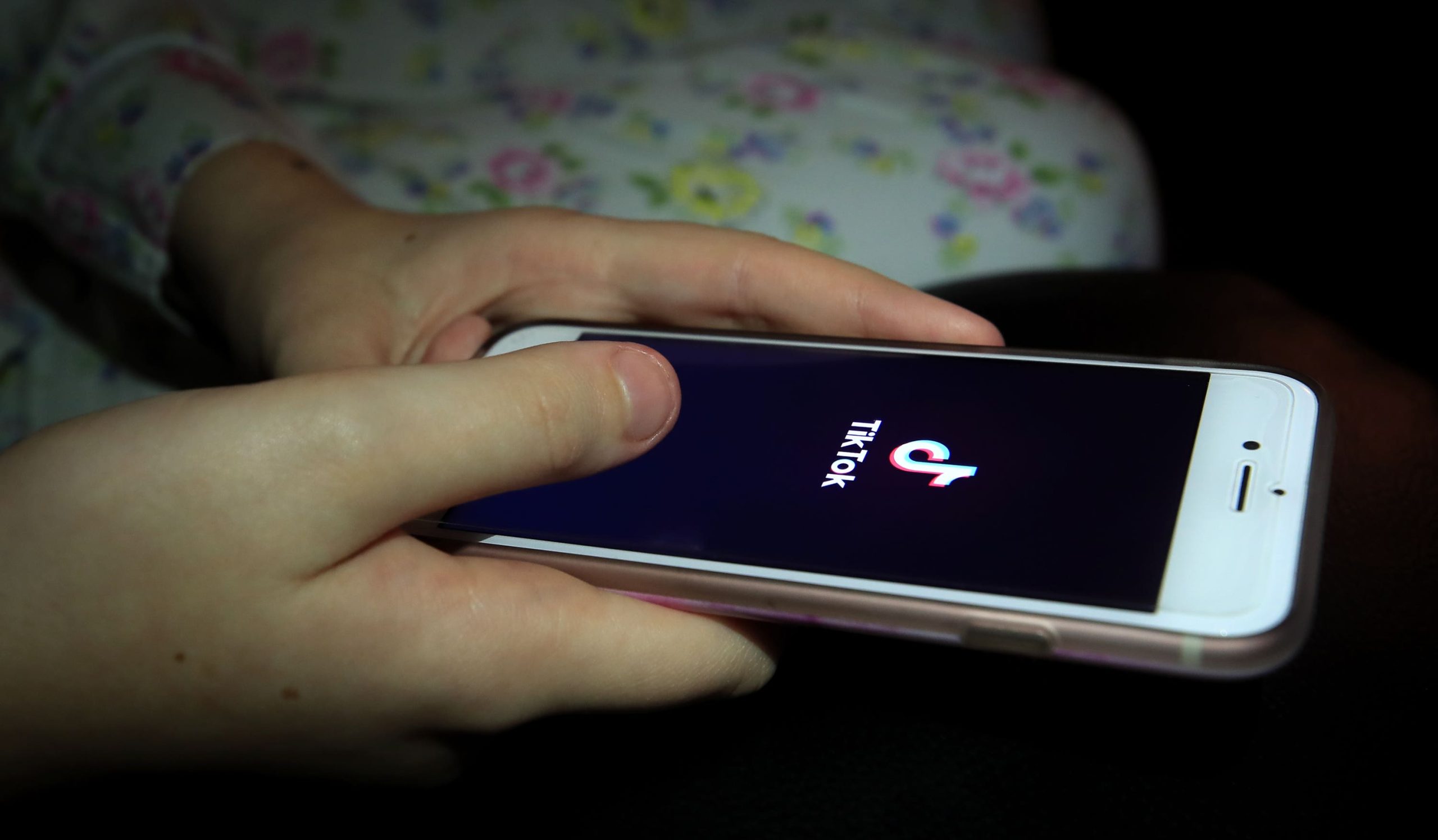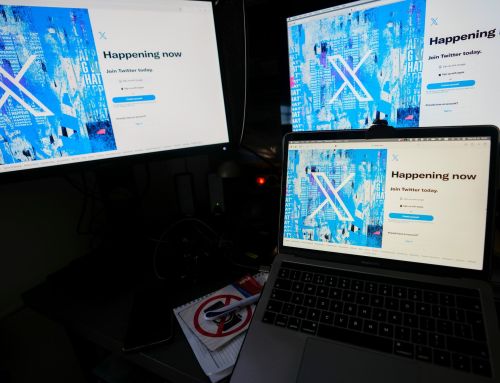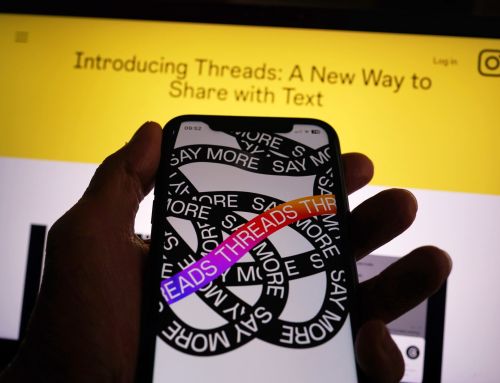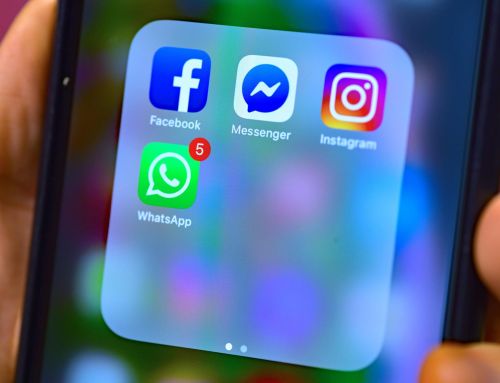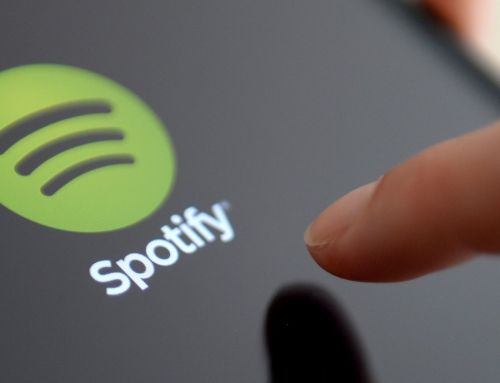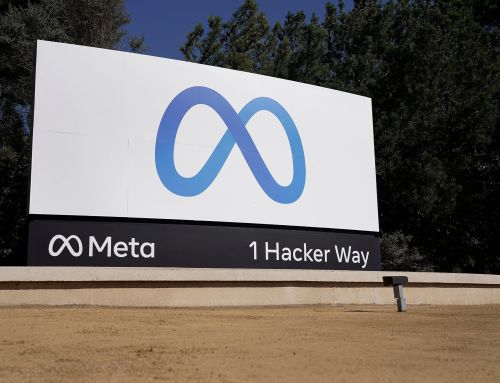TikTok has announced new digital wellbeing tools for users that will prompt them to take a screen break from the app after extended single sittings online and help them take control of the overall amount of time they spend on the social media platform.
The video-sharing platform is hugely popular among teenagers.
The company said the two new tools would sit alongside its existing daily screen time limit feature that enables users to set a daily time allowance for using the app per day and would help to build a “positive relationship with digital devices” based around the user being in control.
The new screen time limit will prompt users to take a break after a certain amount of uninterrupted screen time – a figure the user can also set themselves.
Meanwhile, the new screen time dashboard will show TikTok user data about the amount of time they spend on the app, how often they open it, and a breakdown of their day and night-time usage, with an option to opt-in for weekly notifications to review the figures also available.
“At TikTok, we believe that our digital experiences should bring us joy, entertainment, connection and enrichment,” a TikTok blog post said.
“Having a positive relationship with digital devices and apps isn’t just about measuring screen time, it’s also about feeling in control of how we use technology and ensuring that the time we spend online contributes positively to our sense of wellbeing.
“That’s why we’re taking a number of steps today to help support our community’s digital wellbeing as they create and discover on TikTok.”
The social media giant has also published a new online guide on its safety centre which offers advice around having good digital habits and setting boundaries.
TikTok confirmed that younger members of its community will also start to receive automatic prompts about digital wellbeing.
It said those aged between 13 and 17 would be nudged about the app’s screen time limit tool if they use the platform for more than 100 minutes in a single day.
TikTok said the changes come in part following a study it has carried out with online safety group, Internet Matters, which found that when teenagers feel in control of their online behaviour and habits, it has a positive impact on their wellbeing.
“The research showed that younger users would welcome the introduction of built-in features and settings that prompt them to both think critically about the time that they are spending online, but also encourage them to use settings to actively manage the time they spent on the app,” Internet Matters chief executive Carolyn Bunting said.
“It is important that they feel in control of their online experiences and are helped to make considered choices.
“We look forward to TikTok developing further features that will put children’s wellbeing at the heart of their design choices.”
